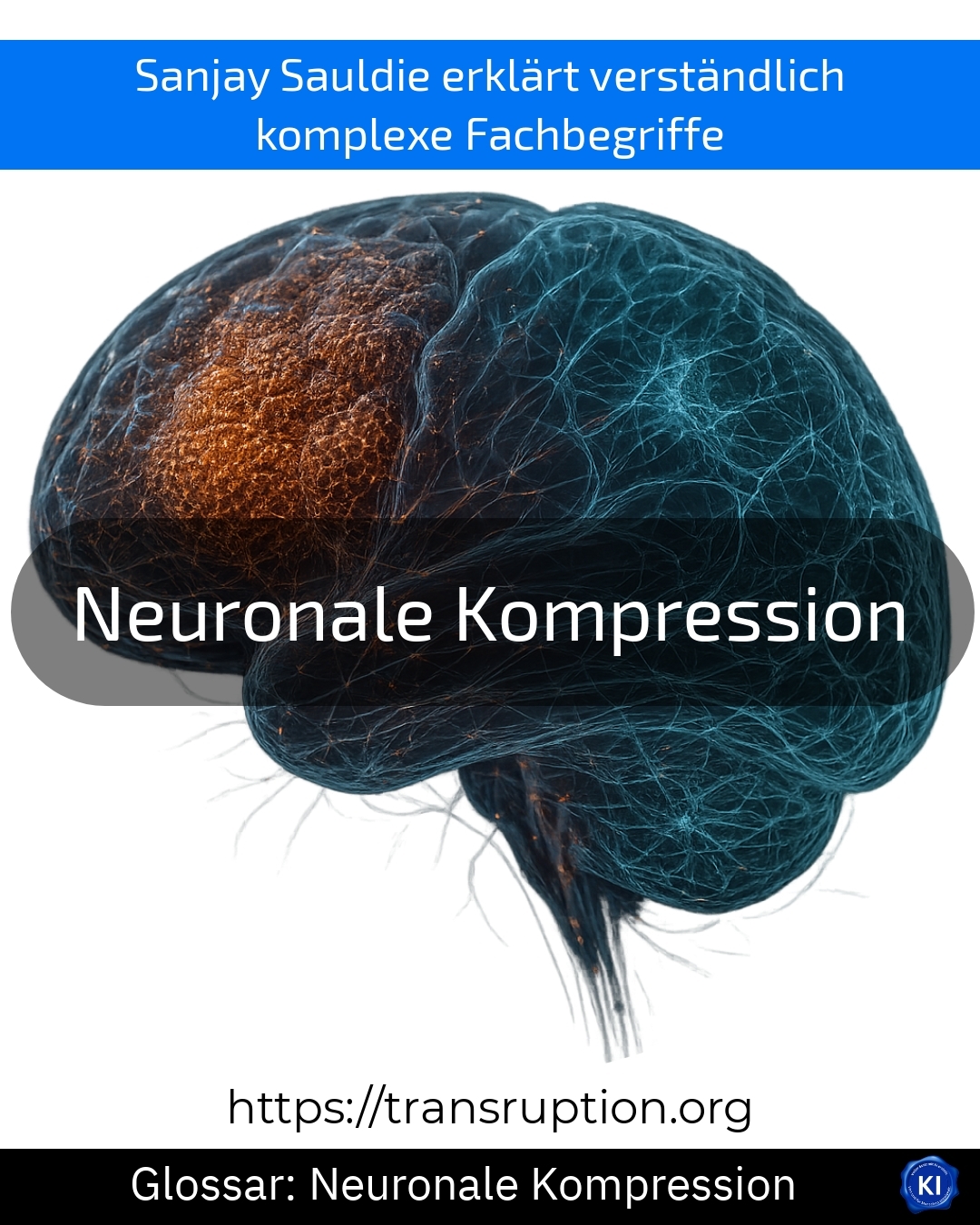Neural compression is a term used in the fields of artificial intelligence, big data, smart data and digital transformation. It describes methods with which large amounts of data can be efficiently reduced, i.e. compressed, using artificial neural networks without losing important information.
Instead of conventional compression methods such as ZIP or MP3, neural compression utilises the learning ability of modern AI models. These recognise which parts of the data are really important and remove what is not absolutely necessary. This makes it possible, for example, to reduce the size of images, videos or text files so that they require less storage space and less transmission capacity while maintaining their quality.
An illustrative example: Surveillance videos from production are to be stored in a company. Thanks to neural compression, these videos can be significantly reduced in size so that they can be transferred faster and stored more cheaply - without losing important details for later analysis. This not only saves costs, but also makes working with huge amounts of data much more efficient.
Neural compression is therefore one of the modern tools for maintaining an overview and control over the constantly growing flood of information in the age of big data and artificial intelligence.















